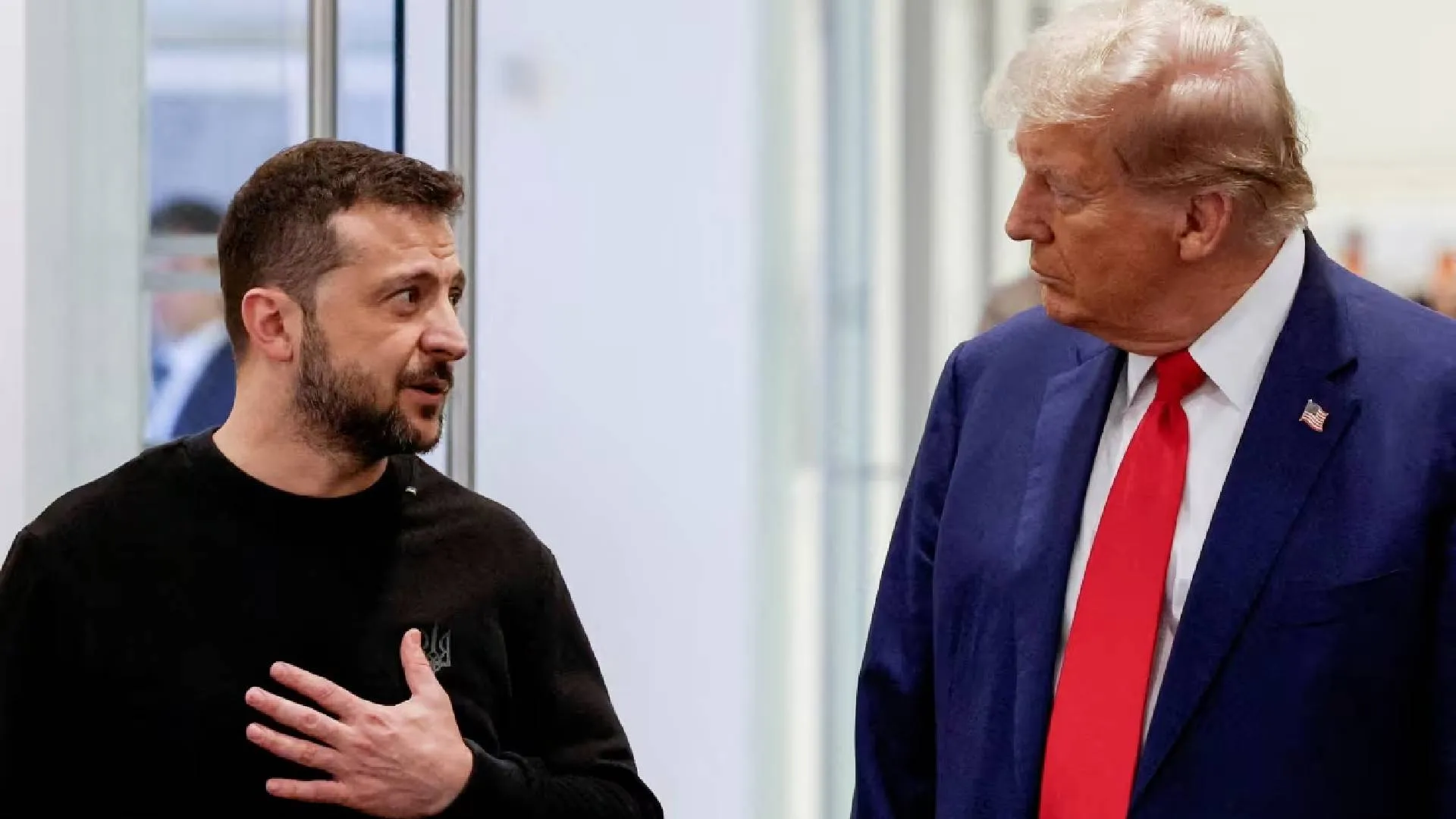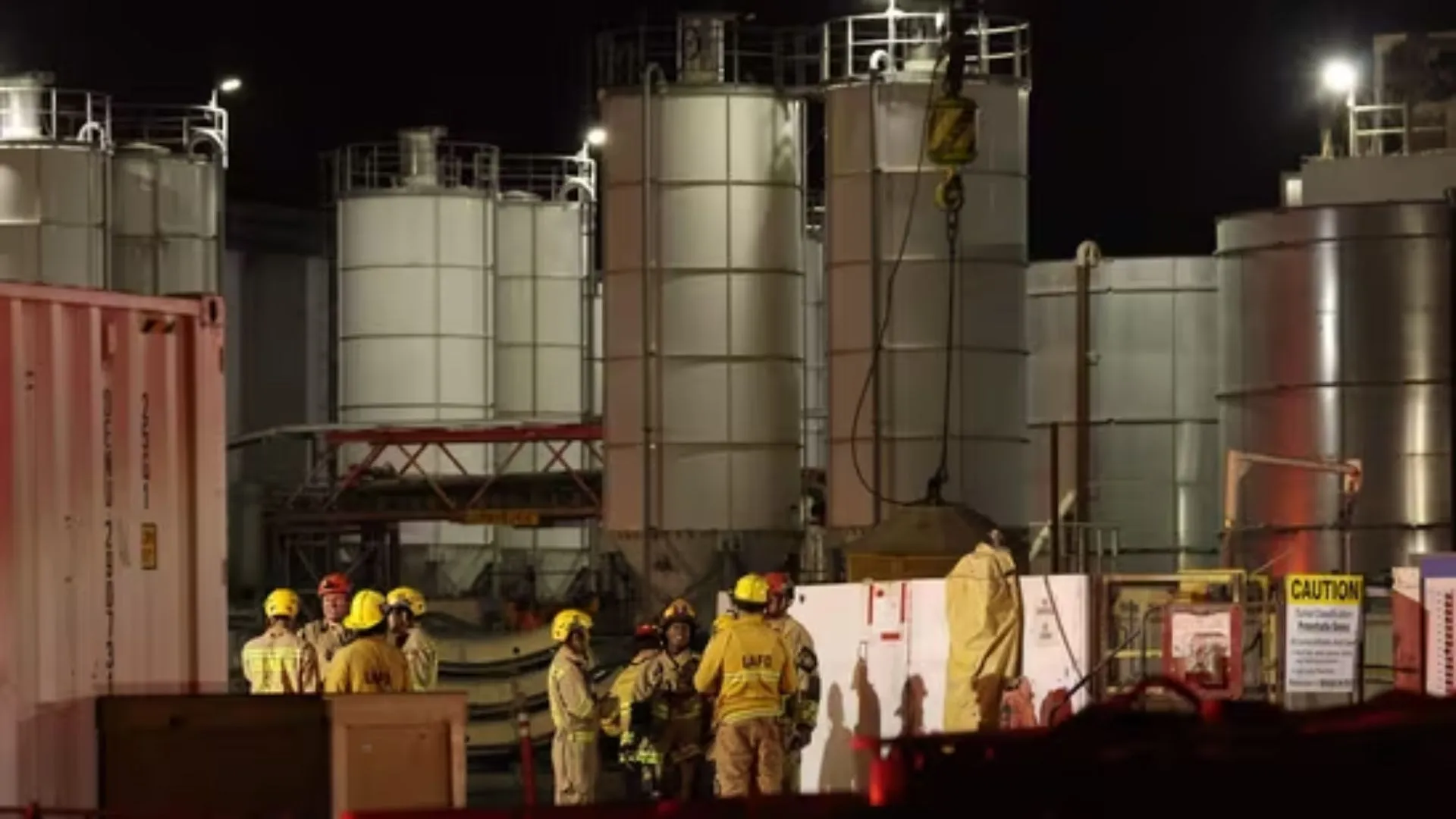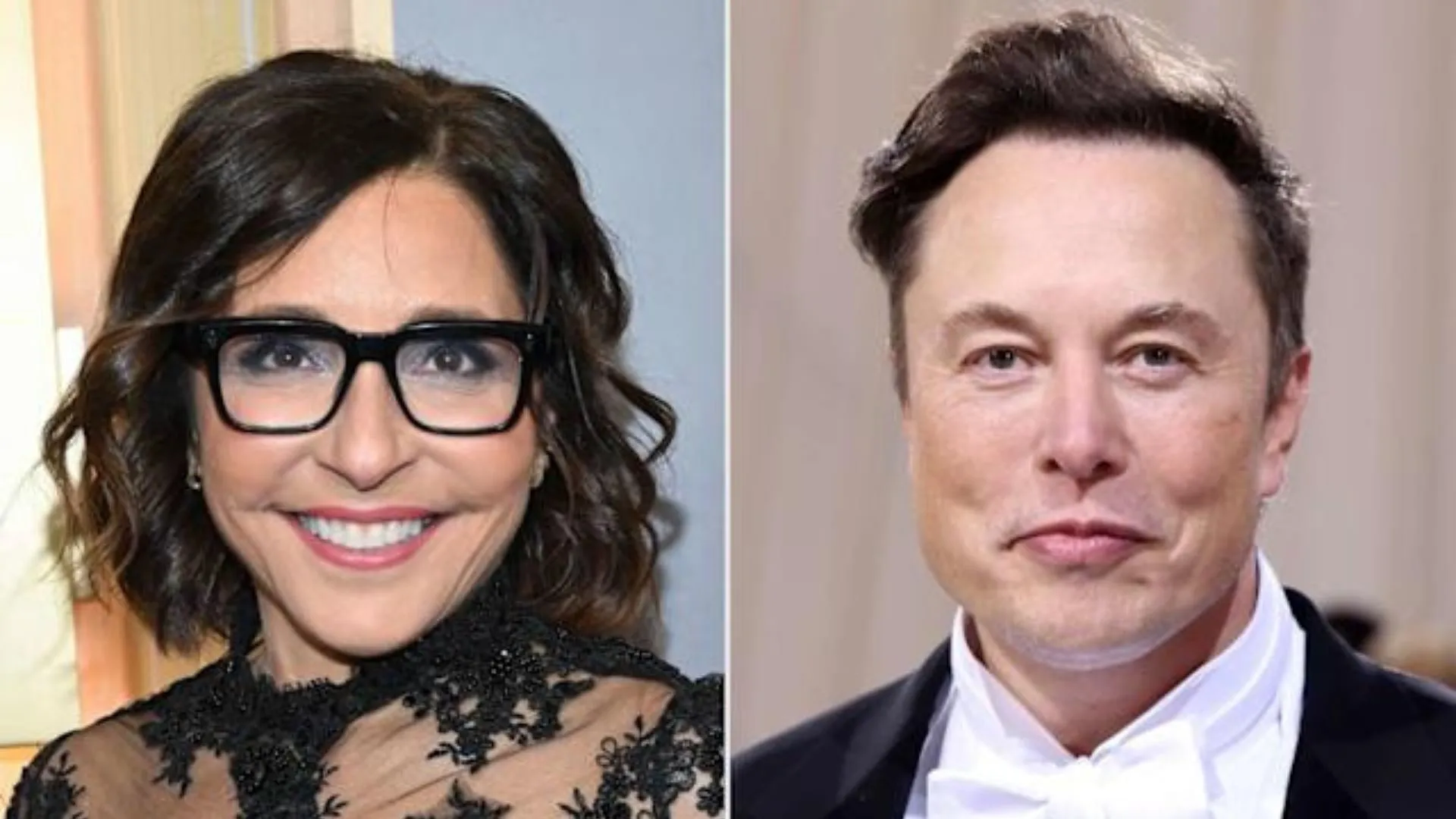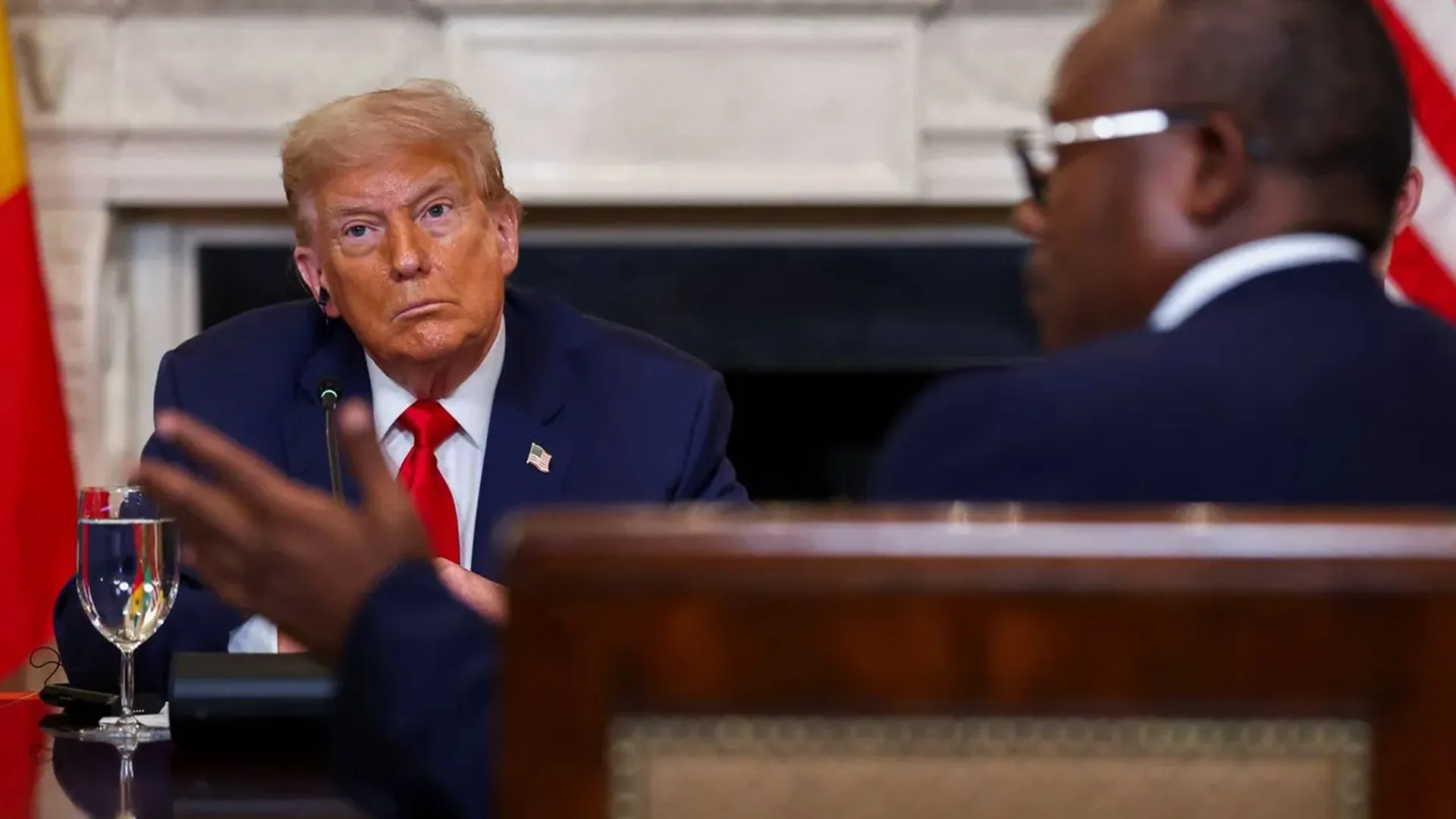In a clarifying statement, President Donald Trump on Sunday confirmed that Ukrainian President Volodymyr Zelenskiy will participate in peace talks with Russia to conclude the raging war. This announcement followed the claim by the leading US advisors, including National Security Advisor Mike Waltz, that Zelenskiy may not need to be part of the negotiations.
Trump, addressing journalists after visiting the Daytona 500 motor race in Florida, promised the public that Ukraine would be on the agenda, though he did not indicate whether Zelenskiy or his staff would be present at the initial talks planned for this week in Saudi Arabia or a possible summit between the nation’s leaders.
Trump’s remark was the first explicit statement from the White House affirming that Ukraine will be represented at the peace talks, which will be held as part of continuing diplomatic efforts to resolve the conflict, which started with Russia’s all-out invasion of Ukraine in 2022.
Trump’s Position on Putin’s Expansionist Goals
In his comments, Trump also expressed his opinion about Russian President Vladimir Putin’s expansionist goals in Ukraine, saying, “No, I think he wants to stop.” He went on to say that he had asked Putin what his goals were during a “lengthy and highly productive” telephone call with the Russian president earlier in the week. It would have been a serious issue for America if Putin were going to further extend his geographical domination over Ukraine, Trump argued.
US National Security Advisor’s Controversial Comments
Earlier in the week, National Security Advisor Mike Waltz seemed to downplay the possibility of Zelenskiy’s involvement in the upcoming talks. When questioned on Fox News about the matter, Waltz suggested that the Ukrainian president should be “very wise” to accept a proposal from Trump, which would involve the US taking half of Ukraine’s critical mineral resources in exchange for continued US support.
Waltz framed this proposal as providing Ukraine with “protection in and of itself” and went further, saying, “I don’t know if there’s anything better than to be co-invested in by President Trump.” He reaffirmed that American people “have a right to be recouped” from the billions that have been put into Ukraine’s defense efforts, describing the bargain as a method for the US to get some return on investment.
Waltz’s comments were received with resistance from all sides, especially considering the delicate issue of Ukraine’s sovereignty and territorial integrity. He also pointed out the devastation that Ukraine has suffered, with cities razed to the ground during the war. “The Ukrainian people have fought bravely,” he stated, but he emphasized that the US has shouldered the bulk of the military aid for Ukraine.
Zelenskiy’s Firm Stance on Peace Talks
In spite of dual signals from the US administration, Zelenskiy refused to budge in his decision not to join any US-Russian agreement that excludes Ukraine. “So I will never accept any decisions between the United States and Russia about Ukraine,” he testified in an NBC’s Meet the Press interview. “Never.”. And our people, never.” Zelenskiy made the remarks in reaction to the idea of the US and Russia negotiating a settlement without explicit participation by Ukraine, an idea he flatly rejected.
Trump Open to Arms Deals with Europe for Ukraine
In a new development in the running negotiations, Trump was willing to permit European nations to buy weapons manufactured in the US, then send them to Ukraine. With this, it would be possible for Ukraine to continue using weaponry supplied by the US, despite the fact that the US might start withdrawing direct military assistance for the nation.
European Reaction to the American Strategy
As the US is preparing for peace talks, European leaders are also making plans for how to respond. European Union leaders are preparing a new defense package that will hike military spending and aid to Ukraine. The unveiling of the plan is set to take place after the German election on February 23 to not stir up controversy during the electoral period.
For years, the security of much of Europe has depended on the US, but European political leaders are set to create a more robust and independent military base. The future package will form a central aspect of their move to enhance defense capacities while ongoing support for Ukraine’s fight against Russian aggression will also be ensured.






















